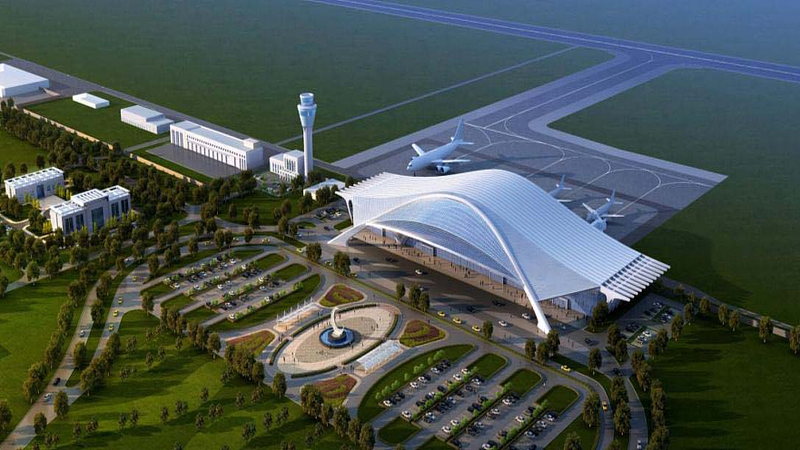As the UN celebrates its 80th anniversary, signs of strain in the global order—from rising protectionism to regional conflicts—are prompting fresh conversations about how world governance can adapt.
China has responded with a four-point framework designed to strengthen multilateral cooperation and make the system more agile:
- Global Development Initiative (GDI, 2021): Focuses on closing the development gap by boosting investment, technology transfer, and sustainable infrastructure projects across emerging markets.
- Global Security Initiative (GSI, 2022): Aims to tackle contemporary security challenges—from terrorism to cybersecurity—through collective action and dispute-resolution mechanisms.
- Global Civilization Initiative (GCI, 2023): Seeks to foster intercultural dialogue, protect heritage sites, and promote people-centered exchanges to build trust across regions.
- Global Governance Initiative (GGI, 2025): Unveiled at the SCO+ summit, the GGI rests on five principles: sovereign equality, the international rule of law, genuine multilateralism, a people-centered approach, and practical, action-oriented steps to reform (not replace) the UN-led system.
Together, these initiatives form an interconnected blueprint that underlines China’s vision of a community with a shared future for humanity. By aligning closely with the UN Charter, Beijing emphasizes reforming the existing architecture to better address today’s economic, security, and cultural challenges.
For the next chapter of global cooperation, China calls on all stakeholders—governments, businesses, scholars and civil society—to engage in a more inclusive, solutions-driven partnership. As the global community navigates an uncertain landscape, the success of this four-pronged strategy will depend on buy-in from emerging economies and established powers alike.
Reference(s):
How China is empowering the current global governance system
cgtn.com




